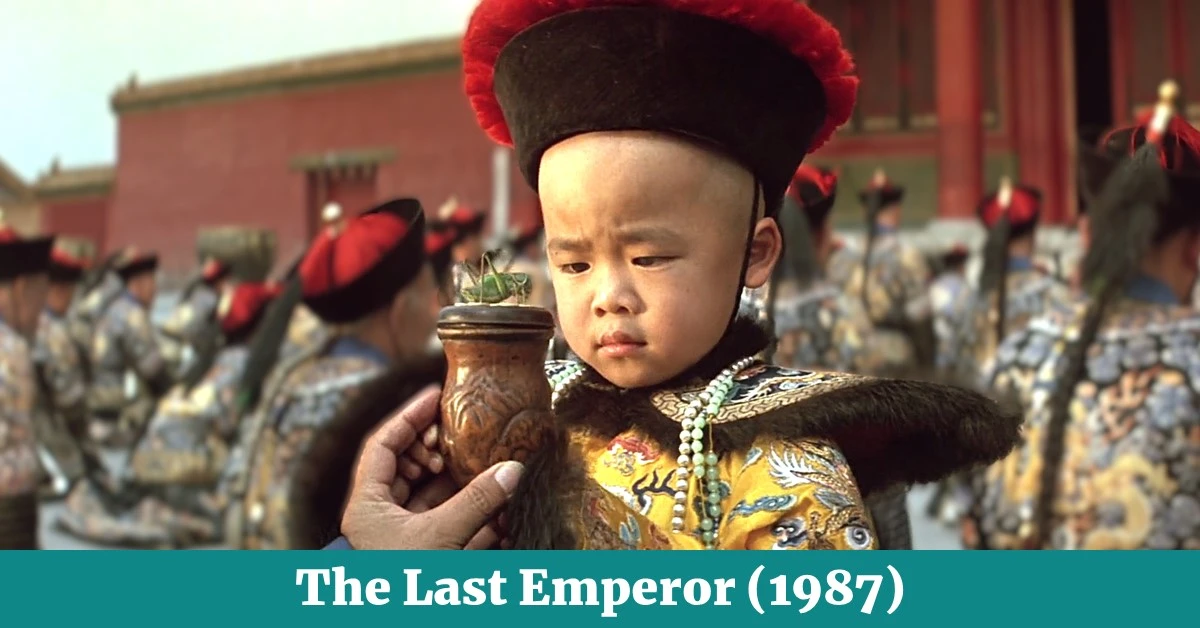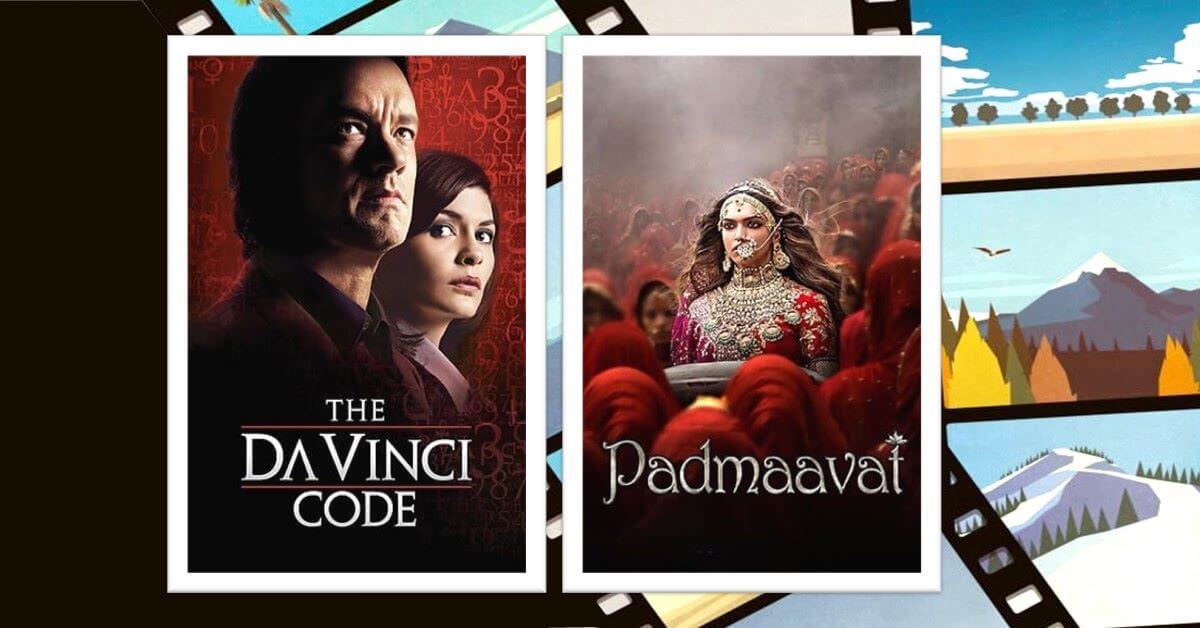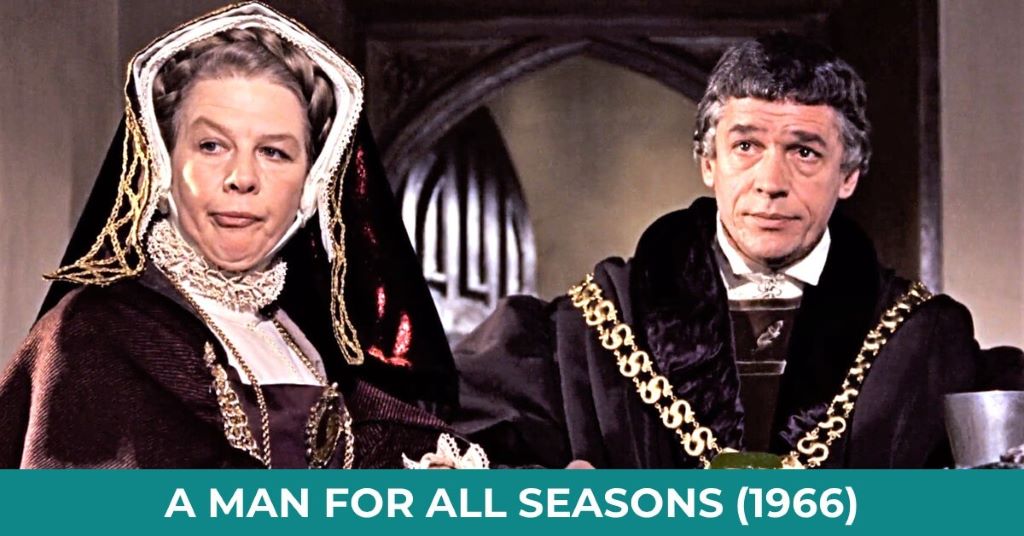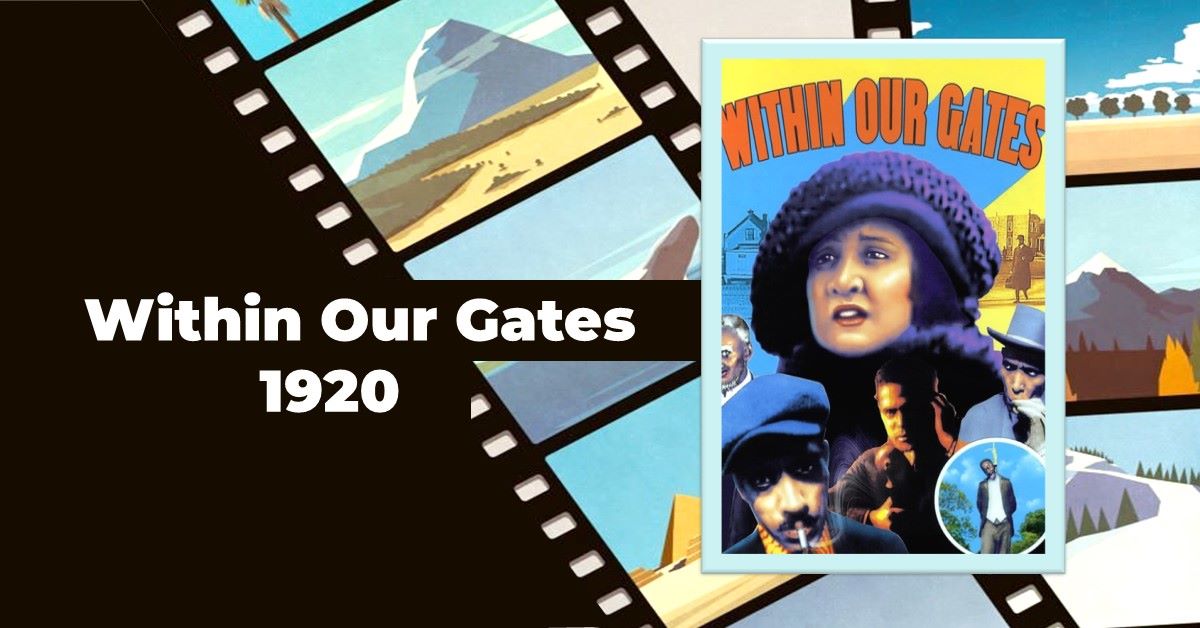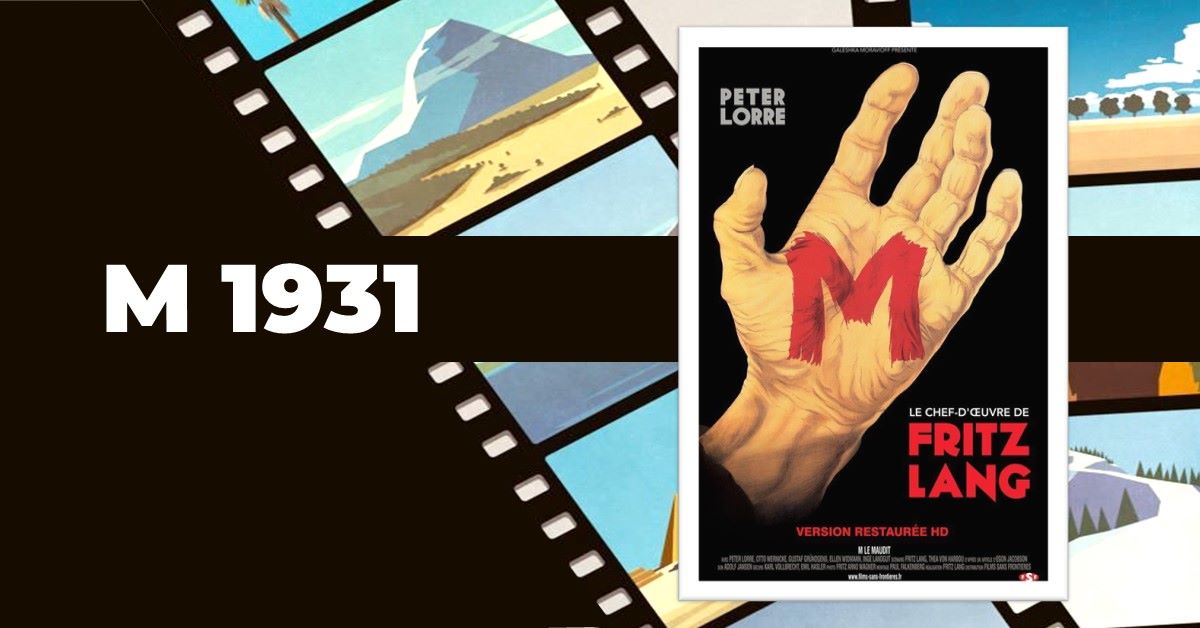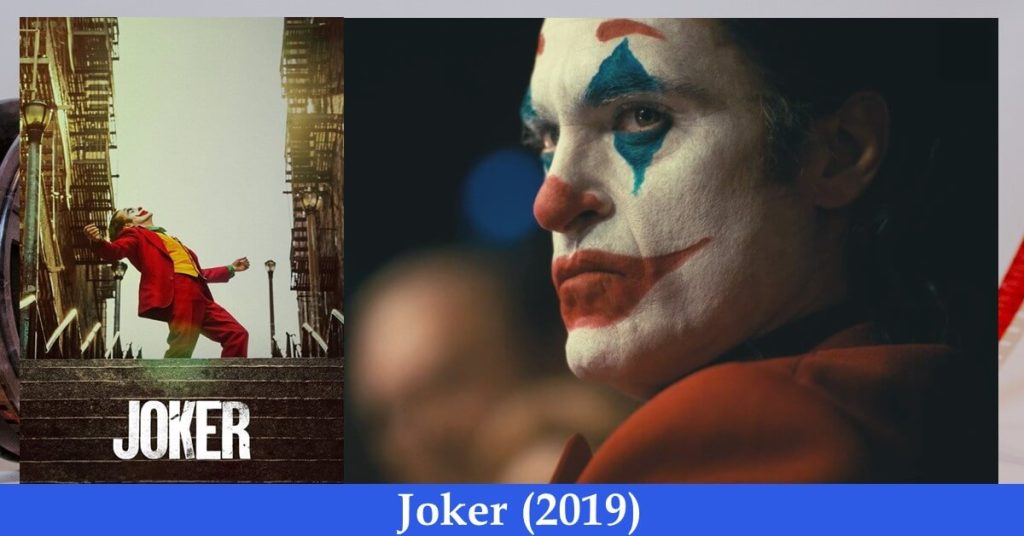Last updated on July 8th, 2024 at 01:14 pm
The Last Emperor is a 1987 British-Italian film directed by Bernardo Bertolucci, which tells the story of the life of Puyi, the last emperor of China.
The film is based on Puyi’s autobiography and was shot entirely in China, with the cooperation of the Chinese government. It was a critical and commercial success, winning nine Academy Awards, including Best Picture, and is widely considered to be one of the greatest films of all time.
The Last Emperor is one of the unforgettable films for many reasons. It does not only explore the life of an emperor who was brought down to the level of a proletariat, it also presents the pristine Chinese culture and a historical sneak peek at the rise of communism in China.
Motivated by The Last Emperor, I viewed other best five Chinese films, such as The Flowers of War (2011), Curse of The Golden Flower (2006), Raise The Red Lanter (1991), Hill Of No Return (1992) and To Live (1994). As a Bangladeshi, I must admit, that after Hollywood, Chinawood or Chinese films are my second love.
The Last Emperor won nine Oscar awards and widespread positive reviews. It bagged the BAFTA award in 1989, the Golden Globe Award in 1988, and nine David di Donatello awards, all together it won 53 awards from various organisations. Rottentomatoes has 86% positive reviews and 88% audience scores.
The British daily The Guardian verdict says, “It’s not bad on the political history of China, but Puyi’s personal life was a lot nastier than The Last Emperor lets on.” But The New York Times review opines that “The Last Emperor is like an elegant travel brochure. It piques the curiosity. One wants to go. Ultimately it is a let-down.”
The Last Emperor at a glance
| Director | Bernardo Bertolucci |
| Casts | John Lone, Joan Chen, Peter O’Toole, Ying Ruocheng, Victor Wong, Dennis Dun, Ryuichi Sakamoto |
| Release years | 1987, 1988 |
| Run time | 218 minutes (Extended version) |
| Box office | 44 million US dollars (budget: 23.8 million dollars) |
Background
The Last Emperor begins with Puyi’s childhood as the emperor of China, where he is isolated from the outside world and raised in a palace by eunuchs and courtiers. As a child, Puyi is unaware of the true nature of his power and is used as a pawn by the adults around him. As he grows older, Puyi begins to question his role as emperor and the nature of power itself.
The film then explores Puyi’s life as a puppet emperor under the control of the Japanese during World War II, and his eventual captivity and rehabilitation by the Chinese Communist Party. Throughout the film, Puyi struggles to find his place in the world and understand his identity. It is one of the 101 best films on my watch list.
The Last Emperor is a historical drama film released in 1987, directed by Bernardo Bertolucci. It is based on the life of Puyi, the last Emperor of China. The storyline is presented in a non-linear format, weaving between different periods of Puyi’s life.
Henry Pu Yi’s Life In Brief
Xuantong or Hsüan T’ung, the regnal name of Pu Yi or P’u-i (1906-1967), was the last emperor of China (1908-1911), of the Qing or Ch’ing dynasty.
He was the nephew of the previous emperor and was chosen to succeed to the throne while still an infant by Empress Dowager Cixi.
The Republican Revolution of 1911-1912, led by Sun Yat-sen, forced his abdication at the age of six and established the Republic of China. From 1912, as Henry Pu Yi, he lived in Beijing in the Forbidden Palace, studying the Chinese classics and Occidental subjects, a virtual prisoner of the republican government despite considerable privileges and the title of Manchu Emperor allowed by the abdication agreement.
Pu Yi was briefly restored for 12 days in July 1917 by a monarchist coup. Forced out of the palace by a warlord in 1924, he was given sanctuary in the Japanese Concession at Tianjin, and in 1932 the Japanese pressured him to become chief executive of the puppet state of Manchukuo, his ancestors’ homeland of Dongbei, of which he was crowned emperor K’ang Te in 1934.
At the end of World War II, in 1945, Pu Yi was captured by a Soviet army unit. Soviet authorities held him until 1950, when he was transferred to a prison in Communist China, where he was interned for nearly ten years. He spent the last eight years of his life as a gardener and librarian in Beijing.
His “autobiography”, From Emperor to Citizen, was in fact extensively ghostwritten.
Storyline
Early Life and Ascension to the Throne
Even though the story revolves around the former Chinese Emperor Puyi’s present time in the Fushun Prison and past life in the Forbidden City, the film begins as a train guarded by the communist army or Red Army, carrying Chinese war prisoners reaches Manchuria in 1950, during Soviet Invasion of Manchuria.
Now 44 years old Puyi is among the prisoners along with his valet. Puyi attempts to commit suicide after his arrival at the prison but fails and is told that he must face the trial.
Life in the Forbidden City
Puyi revisits his former life the Forbidden City.
It was in Perkin in 1908, when the three-year-old Aisin-Gioro Puyi (played by Richard Vuu as Puyi), son of Prince Chu’ng has been chosen to become the Emperor of China. He was taken to the Forbidden City.
Also, he wrote the same thing in his autobiographical book From Emperor To Citizen. He is taken from his family and brought to the Forbidden City at the order of the dying Empress Dowager, where he lives in seclusion, surrounded by eunuchs and courtiers. Despite his immense power, he is effectively a prisoner within the palace walls, isolated from the outside world.
Puyi’s early reign is marked by confusion and loneliness. As he grows older, he becomes more aware of the political upheaval outside the Forbidden City. The Qing Dynasty collapsed in 1912, and China became a republic. Despite being deposed, Puyi continues to live in the Forbidden City, where he is treated as a figurehead by the republican government.
However, Empress Dowager Cixi (played by Lisa Lu) and her emperor husband died the same day he arrived at the Forbidden City. Dowager foretold that he would be the lord of the Ten Thousand Years.
As a toddler, Puyi did as a toddler does in the palace, including relieving or defecating in the chamber pot in front of Chinese officials while they lovingly collected Puyi’s poop and smelled it with reverence.
He longed to return home but was unable to. He even could not go to see his deceased mother. Surrounded by 1200/1500 eunuch, 350 ladies-in-waiting or female servants of the Empress, 185 chefs and 840 guards and employees, his only friend was his wet-nurse, although his younger brother joined later.
Seven years later his father brings his younger brother to the Forbidden City. He breastfed even at the age of ten. One day, when his brother protested that he is not the emperor anymore, and there was another emperor as China became a Republic, to prove it he made one of the imperial tutors eat green ink.
Nevertheless, he somehow was assured that he is always an Emperor only inside that Forbidden City, not outside it, as China has become a democratic country with a president.
As he grew older, his wet nurse was removed. During the political turmoil and student protest against the republic, a British gentleman named Mr Reginal Fleming Johnston was appointed as a tutor to Puyi in the Forbidden City.
In the meantime, Puyi realised that the Emperor before him was murdered because he wanted to reform the Empire. When thought to reform the irregularities in the Forbidden City, “he found himself as a spider who caught in his own web when the eunuchs set the fire to the storehouse of the palace to avoid knowing what they stole.
As a result, he decided to expel the 1200/1500 eunuchs.
In 1922, at 17 Puyi married Wan Jung taking Wen Hsiu as a consort. According to his autobiography, “As His Majesty has marked Wen Hsiu’s picture it would not do for her to be married to one of his subjects, so he had better take her as a consort.” Subsequently, we see that the trio sleep together, which I hardly have seen in any other film, at least not that I can remember.
However, in 1924, following the Beijing Coup, Puyi and his family were evicted from the Forbidden City and were exiled to Japanese-controlled Tientsin, in Northern China. Puyi is expelled from the Forbidden City by warlord Feng Yuxiang. During this period, he lives a life of relative luxury but remains a pawn in the hands of various political powers. Though Johnston assured that would seek political asylum at the British embassy, Puyi, instead of going to the British embassy, he found refuge with the Japanese embassy in Tientsin.
There in Tientsin, he led an amoral and anglophile life and sides with Japan. His second wife Wen Hsiu met an American lover in the club and wanted a divorce from Puyi as she felt unloved by her husband. She escaped from his residence in the dark as he refused to divorce her.
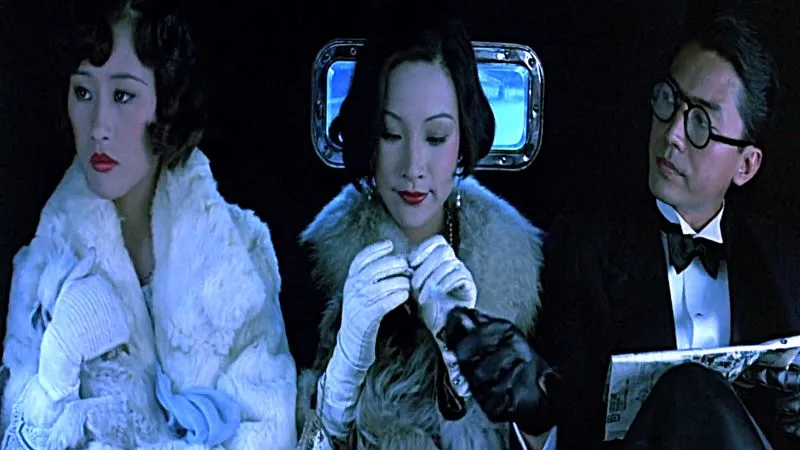
Right after her leaving, Eastern Jewel, a friend of Wan and a cousin to Puyi and a Japanese spy appears and informs Puyi that his ancestors’ tombs in Manchuria have been desecrated and were hacked to pieces by the troops of Kuomintang, also Guomindang, (Chinese, “Nationalist People’s Party”), including that of recently deceased Empress Dowager. Her pearl necklace has become a wedding present from Chiang Kai Shek to his new wife. Eastern Jewel was an opium addict, and Wan not only became addicted to opium but grew physical intimacy with Jewel.
Puyi chose to go to Manchuria in 1934 in the hope of becoming Emperor again on his will opposed to what he said he was kidnapped to Manchuria, by the Japanese during his interrogation, during his condiment. Subsequently, upon his arrival at Manchukuo, Puyi was coronated by Japanese authorities as a puppet Emperor of Manchukuo, a separate nation from China. With the support of the Japanese, Puyi is installed as the puppet emperor of Manchukuo, a Japanese-controlled state in Manchuria
By the time his wife Wan became a heroin addict and due to that she lost attraction to her husband. As a result, in Manchuria, she homese*xually attracted to Eastern Jewel.
Upon his return from Japan in 1935 he was asked to sign a paper approving Honourable Chang Chinghui as Prime Minister of Manchuria which he refused. But started to realise that his ambition of political supremacy was being undermined by the Japanese authority which was obvious in his speech during a council meeting with Japanese delegates.
…. “Manchukuo is not a colony. Manchukuo is Manchuria.” says Puyi. “The relationship between our two countries is like the relationship between its two emperors. It is rooted in fraternal trust, in… in the desire to preserve our ancient traditions, and in a mutual respect for our national identities….
Wan was expecting a child as heir which Puyi refused, but one day in Manchuria she reveals that she was with child and the father is a Manchurian, Puyi’s driver who was later killed. The baby was seen to be born alright but also a doctor was seen to prepare a shot, and was reported to Puyi that the baby wab born dead.
It was obvious that Amakasu and Eastern Jewel arranged the killing and removing of Wan from Manchuria as they were seen holding hands in success from the balcony of the palace. They did not want any heir of Puyi to survive.
In the meantime, Johnston returned to England after 28 years in 1931 and became a professor of Oriental Studies at London University and wrote Twilight In The Forbidden City.
Puyi was seen among the crowd then a documentary was being played. The narrator goes on,
“With Manchukuo now firmly in their grasp, the Japanese soon controlled most of north China. By 1937 they were ready to strike south at the heart of the country. The attack on Shanghai was one of the first civilian bombing raids in history.
It left thousands homeless, thousands dead. Three months later, Japanese armies were besieging the provisional capital at Nanking and when the city fell, the atrocities began. Trying to terrorise the rest of China into surrender, the Japanese High Command ordered a massacre. More than 200,000 civilians were systematically executed.
The world watched in horror, but no help was given. On December 7th, 1941, Japan attacked the American fleet at Pearl Harbour. There was no warning. Manchukuo, the Japanese bastion in north China, was still ruled by the puppet emperor Pu Yi.
But behind the facade of triumph was a country enslaved; a country where Japanese experiments in biological warfare were carried out on live human beings; a country where opium production became the easiest way to finance the war. Millions of people were deliberately turned into drug addicts. Nine days after the bomb at Hiroshima on August 15th, 1945, Emperor Hirohito announced the surrender of Japan. It was the first time his voice had ever been heard on radio.”
With the fall of Japan Amakasu commits suicide, and his wife returns home psychologically unstable. As he boards the Japanese plane and takes off, Russian paratroopers intercepted the place and take them all captives.
World War II and Captivity
During World War II, Puyi’s rule in Manchukuo becomes increasingly oppressive, as he is manipulated by the Japanese military. After Japan’s defeat in 1945, Puyi is captured by Soviet forces and taken to the Soviet Union. He spent five years in a Soviet prison before being extradited to China in 1950.
Re-education and Final Years
There in the prison, Puyi undergoes a process of “re-education,” where he is taught to reject his imperial past and embrace Communist ideology. In 1959, he is granted amnesty and released from prison. Puyi begins a new life as a common citizen, working as a gardener and later as an editor for a literary journal.
After serving ten years of detention, at 53, in 1959 he was released as a result of remoulding through labour and ideological education and reformation during confinement.
Puyi’s journey now begins as a gardener. In 1967 he witnessed the rise of the Mao Zedong cult to rise with the Red Guard, a student-led social movement. In a street procession of Red Guards, he notices his former prison governor Pu Chieh pushing in the parade accused of being a servant of the Emperor and a leftist wearing a dunce cap and placards bearing punitive slogans. Puyi tried to convince the paraders that he could not be accused of the crime they were accusing him of. But he was thrown aside in the street.
Puyi later visits the Forbidden City, now turned into a tourist attraction where he meets a boy introduced as the son of the guardian. When the boy asks Puyi to prove that he is the Emperor of China he sits on the throne and brings out 60 years old pet cricket from behind the throne alive, but, old. The cricket was given to him by a Chinese official during his childhood.
Dazzled by the cricket, the boy turns to talk to Puyi but he already disappeared.
In 1987, a tour guide leads a group through the palace. Stopping in front of the throne, the guide sums up Puyi’s life in a few, brief sentences, before concluding that he died in 1967.
Reflection and Legacy
The film ends with an older Puyi visiting the Forbidden City as a tourist in the 1960s. He reflects on his tumultuous life and the sweeping changes that have transformed China. The storyline captures the contrast between his former life as an emperor and his later years as an ordinary citizen.
“The Last Emperor” is a poignant exploration of power, identity, and the impact of historical forces on individual lives. The film’s rich narrative and visual grandeur offer a compelling portrait of a man caught between two worlds and the dramatic transformation of China in the 20th century.
Moral
The Last Emperor is a powerful exploration of the nature of power and the human condition.
Through Puyi’s story, the film examines the futility of clinging to power and the destructive nature of absolute authority. It also highlights the importance of self-awareness and self-discovery in finding one’s place in the world.
The film also touches on themes of isolation and the effects of being raised in a privileged and sheltered environment. Puyi’s character serves as a commentary on the dangers of being out of touch with reality and the importance of being able to empathize with others.
During Puyi’s life in the Forbidden City, he once expressed to Johnston, “I’m going to escape, Johnston. I’ve got a suitcase and a ticket to England. I am going to Oxford University.” The reply of Johnston sounds very diplomatic to me when he says, “Your Majesty if you get married, you will become the master of your own house. A wedding might be a more practical way to escape.”
And that is exactly what Puyi felt after his marriage. When his two wives cuddled together under his quilt in the middle of the night he declared, “I am excited. I do not want to escape anymore. I want to rule.”
Yet once again it’s Johnson who delights in expressing the eternal variety or an essential basic moral principle when he says to Puyi, “You cannot run away from yourself, nor can you run away from your destiny.”
“You cannot run away from yourself, nor can you run away from your destiny.”
Reginal Fleming Johnston
Analysis
The Last Emperor is a 1987 film directed by Bernardo Bertolucci that tells the story of the life of Puyi, the last emperor of China. The film is based on Puyi’s autobiography and was shot entirely in China, with the cooperation of the Chinese government. It was a critical and commercial success, winning nine Academy Awards, including Best Picture, and is widely considered to be one of the greatest films of all time.
One of the key elements that makes The Last Emperor so powerful is its portrayal of the nature of power and the human condition. Through Puyi’s story, the film examines the futility of clinging to power and the destructive nature of absolute authority. Puyi’s character serves as a commentary on the dangers of being out of touch with reality and the importance of being able to empathize with others.
Another key aspect of the film is its stunning cinematography. The film was shot entirely in China and features breathtaking visuals of the country’s architecture and landscapes. The film’s use of colour and light is particularly striking and adds to the film’s emotional impact.
The film also features strong performances from its cast, particularly from John Lone as Puyi. Lone’s portrayal of the emperor is both sympathetic and heart-breaking, as he portrays the character’s inner turmoil. The film also features notable performances from Joan Chen and Peter O’Toole of Lawrence Of Arabia.
In conclusion, The Last Emperor is a cinematic masterpiece that is both visually stunning and emotionally powerful. Its portrayal of the nature of power and the human condition makes it a thought-provoking examination of the world, while its stunning cinematography and strong performances make it a film that will continue to resonate with audiences for years to come.
You don’t understand, do you? It’s the kind of thing that makes me sick. All this food, the silk, the carpets, the gold, all this waste, while people are starving. And the Emperor sits here and worries about his dinner!
Big Li
One of the key elements that make The Last Emperor so powerful is its portrayal of the nature of power and the human condition. Through Puyi’s story, the film examines the futility of clinging to power and the destructive nature of absolute authority. Puyi’s character serves as a commentary on the dangers of being out of touch with reality and the importance of being able to empathize with others.
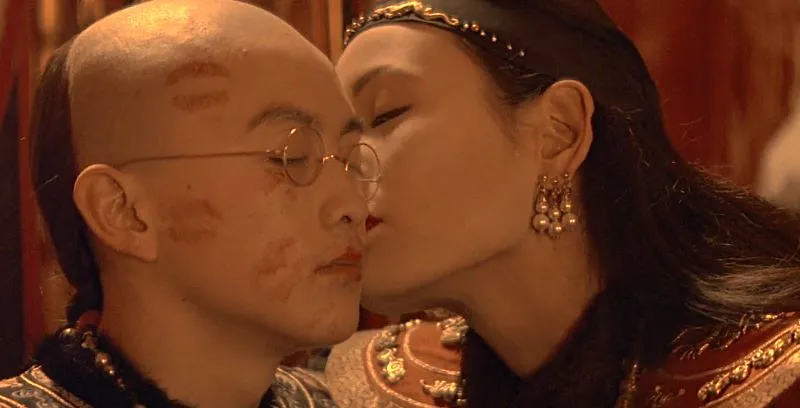
Conclusion:
The Last Emperor is a visually stunning and emotionally powerful film that tells the story of one man’s journey to understand himself and his place in the world.
It is a thought-provoking examination of the nature of power and the human condition. With its stunning cinematography and powerful performances, the film is a masterpiece that continues to resonate with audiences today.
The film is not only a cinematic masterpiece but also a moral story that teaches us to question the authority and power, to be self-aware and self-discovering, to empathize with others and to have a sense of humanity.
